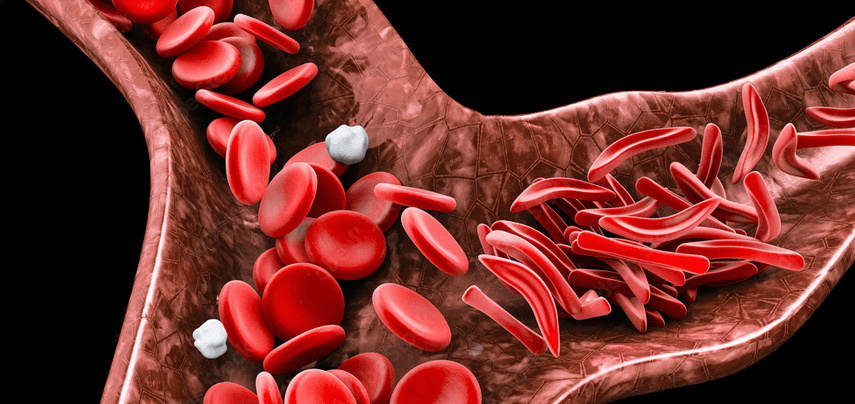Know the Signs: Sickle Cell Disease
Know the Signs: Sickle Cell Disease
Know the Signs: Sickle Cell Disease
The symptoms of sickle cell anemia include swelling of the hands and feet, delayed growth or puberty, vision problems and frequent infections.



Articles
Discover our other Care Providers articles
Quick Links
Contact
Address: 330-5109 Steeles Ave W.
North York, ON , M9L 2Y8
Phone: GTA: 416-745-4267
Email: info@sicklecellanemia.ca
© SCAGO - All Rights Reserved -Disclaimer - Charitable Registration #: 83332 0872 RR 0001
Quick Links
Contact
Address: 330-5109 Steeles Ave W.
North York, ON , M9L 2Y8
Phone: GTA: 416-745-4267
Email: info@sicklecellanemia.ca
© SCAGO - All Rights Reserved -Disclaimer - Charitable Registration #: 83332 0872 RR 0001
Quick Links
Contact
Address: 330-5109 Steeles Ave W.
North York, ON , M9L 2Y8
Phone: GTA: 416-745-4267
Email: info@sicklecellanemia.ca
© SCAGO - All Rights Reserved -Disclaimer - Charitable Registration #: 83332 0872 RR 0001






